Paul Ole Sopia, PLWD from Siyiapei WRUA and chairperson of Narok Disabled Integrated Programme, NAIDIP
Everyday, she woke up early to cook breakfast so that she could send the other children to school on time. Then she would proceed to care for the cattle,walk a distance to fetch water for her family and rush back to care for me, a disabled baby whom she had left hidden under the care of her mother.Hidden meant i was supposed to stay out of family counts. I had to be kept out of sight from relatives and neighbours lest i would be killed
I am told upon my birth and realization that I had a missing leg, I was termed useless. Being born in a community that often migrated from one location to another in search of pasture and hunting grounds for a living, it was obvious that I would be a burden. No one wanted that. I was declared as good as dead. It was my mother and grandmother who prevented my early death. They stood firm and protected me from being killed. This meant signing up for being despised, threatened and secluded from the rest of the community.
Mostly because of the gender. It is known in Maasai land most women struggles are shaped by circumstances and challenges of her time especially the deep patriarchal attitude. The burden to bear all the social roles like tending animal and children, fetching fuel wood from thickets, walking distances to fetch water or building and repairing manyattas and worst of all the triple burden to deliver healthy babies. Now for my mom, protecting and taking care for a disabled baby was even worse it meant playing her social role as a woman but at the same time watching her back at all times and so was mine.
So I grew up under a lot of stigma and though I managed to see the four walls of a classroom, I became very bitter. All my life I swore to be an advocate for the fight against the plight facing people living with disabilities. Being disabled doesn’t mean you are any different from a human being. It is only that you differently abled. Look at me for example, there is nothing that I can not do. My only mishap is that I rely on a walking stick for balance.
I am happy that programs that support all the aspects and needs of people living with disability are being set up. Growing up in the environment I bred in, I would never want any one to go through that. I am happy that programs like TRESH elevate the voices of marginalized groups including women, youths and people living with disabilities groups to ensure meaningful participation in county processes both at policy, operational and regulatory levels which I believe will further ensure sustainable management of water resources and improved service delivery.
My first time attending the trainings, I could not wait to spread the word. In fact, my highlight was the training on the Water Act 2016. I know most people have a challenge with understanding the constitution and so was I but during the dissemination of the Act, I got to clearly understand it. I even borrowed a few copies to go and distribute to the local area chiefs and a few citizens.
Also, the Group Buzz on Legal institutions and frameworks that aid in social accountability helped me understand the basic background and understanding of existing legal and institutional frameworks that aid in the practice of social accountability both at county and national level. Such Understanding of the legal and institutional frameworks, I believe is a prerequisite for effective practice and institutionalization by the citizens on social accountability
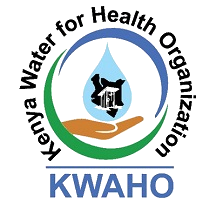
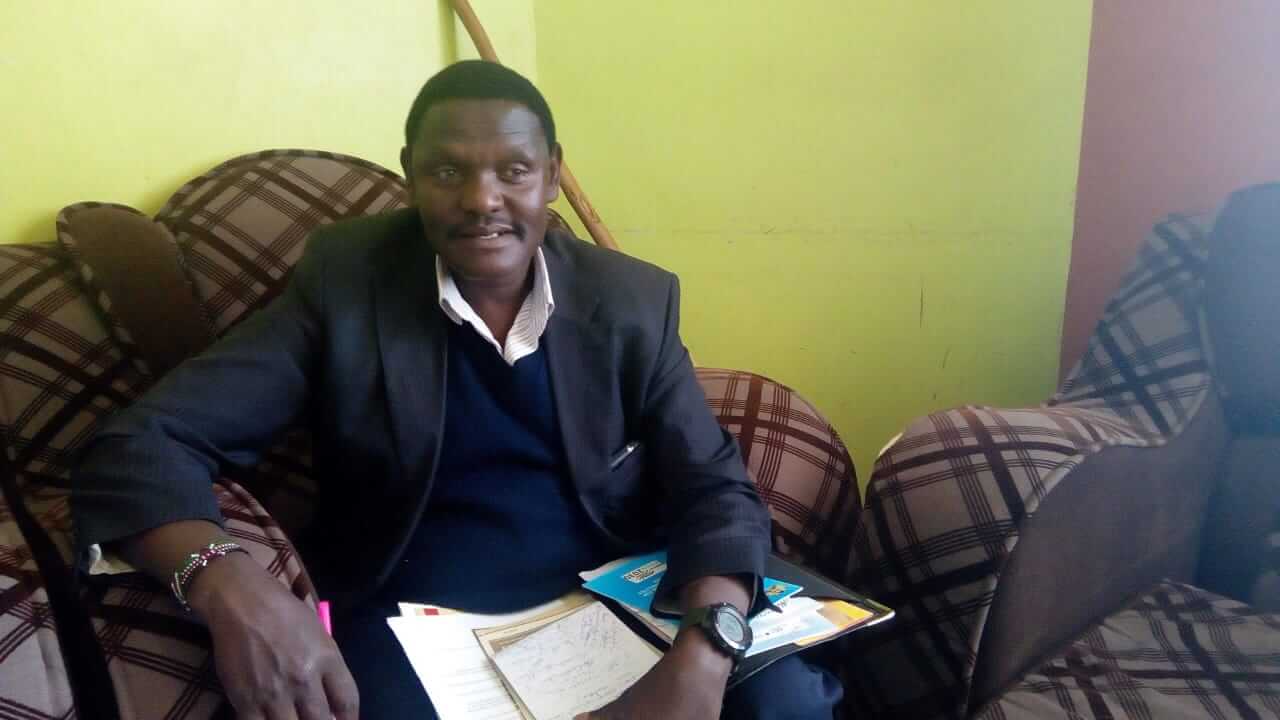


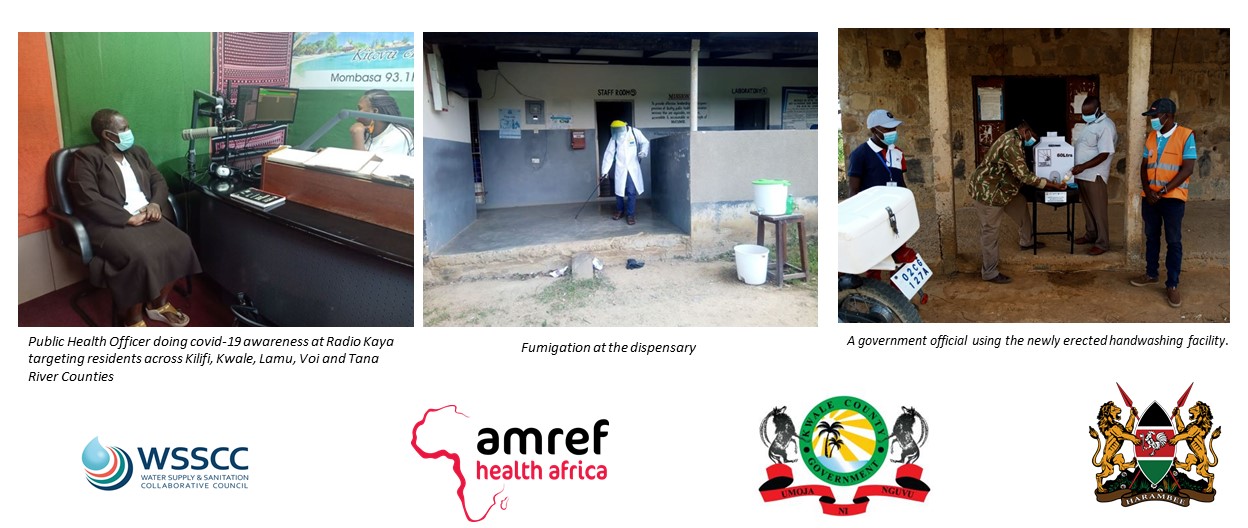
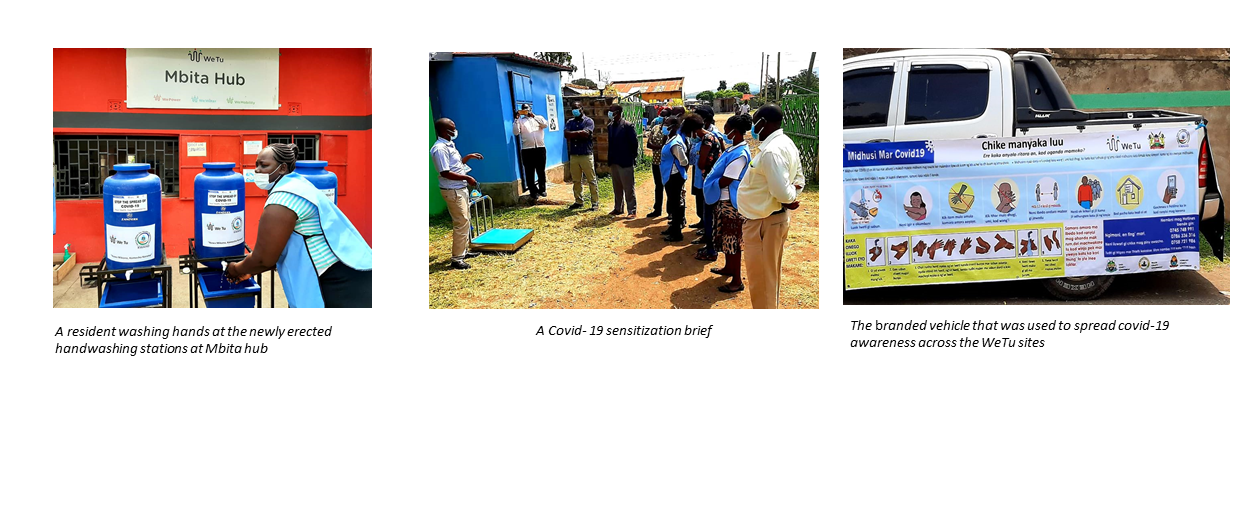
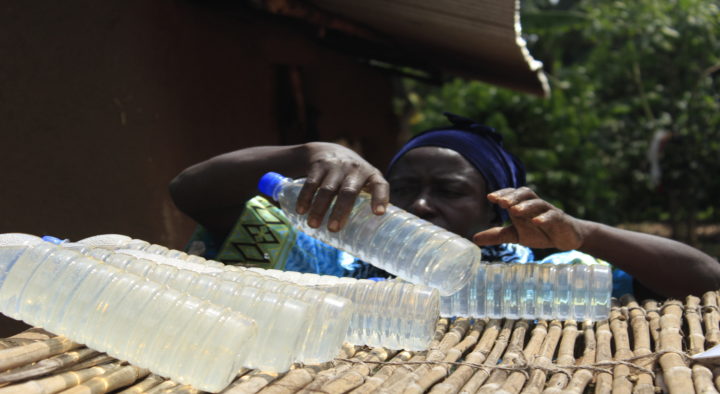
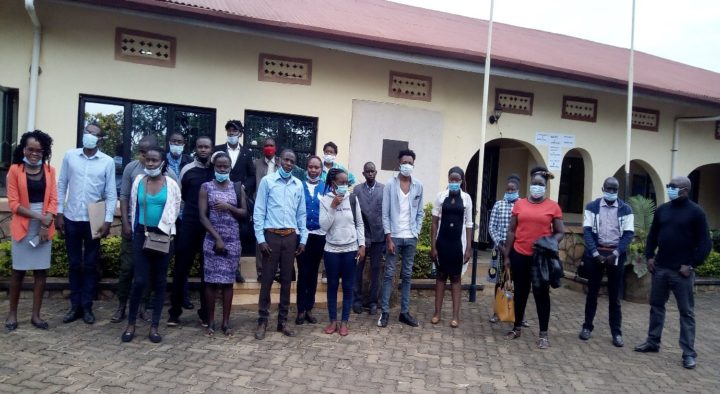
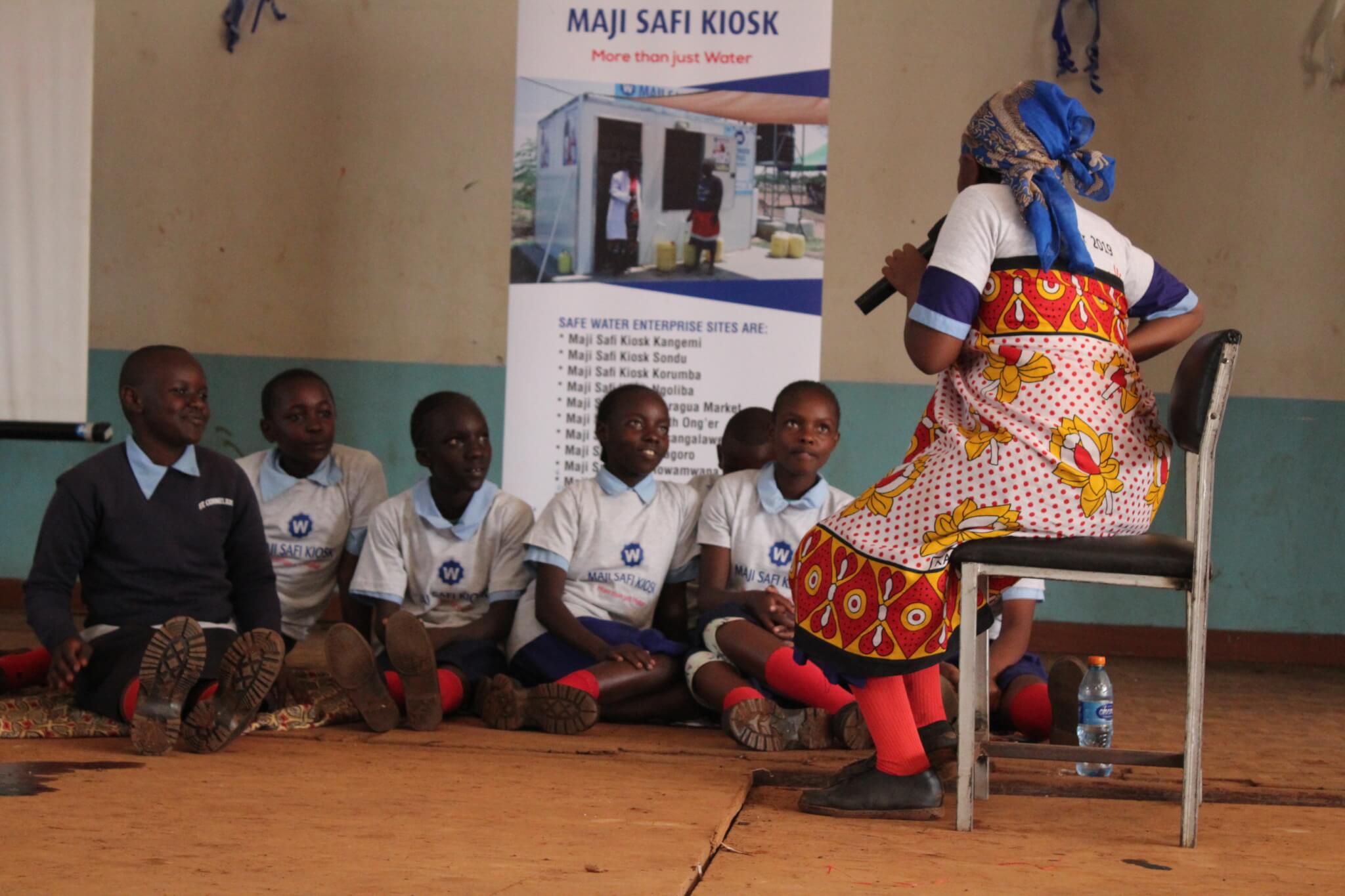
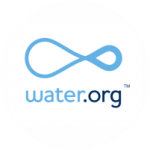
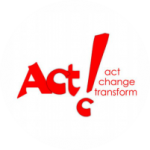
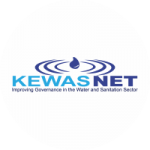
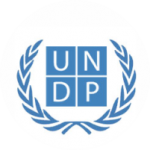


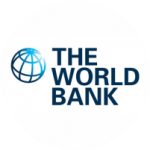
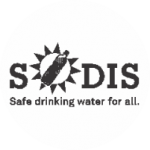
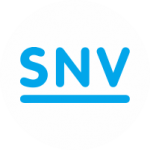

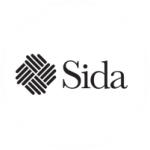
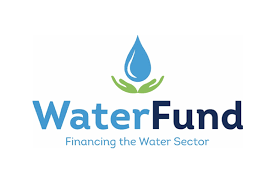
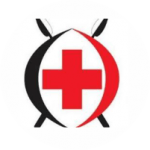
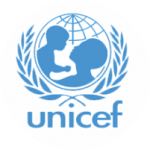
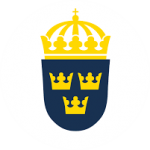
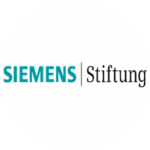
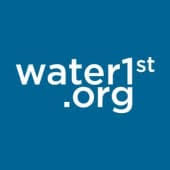
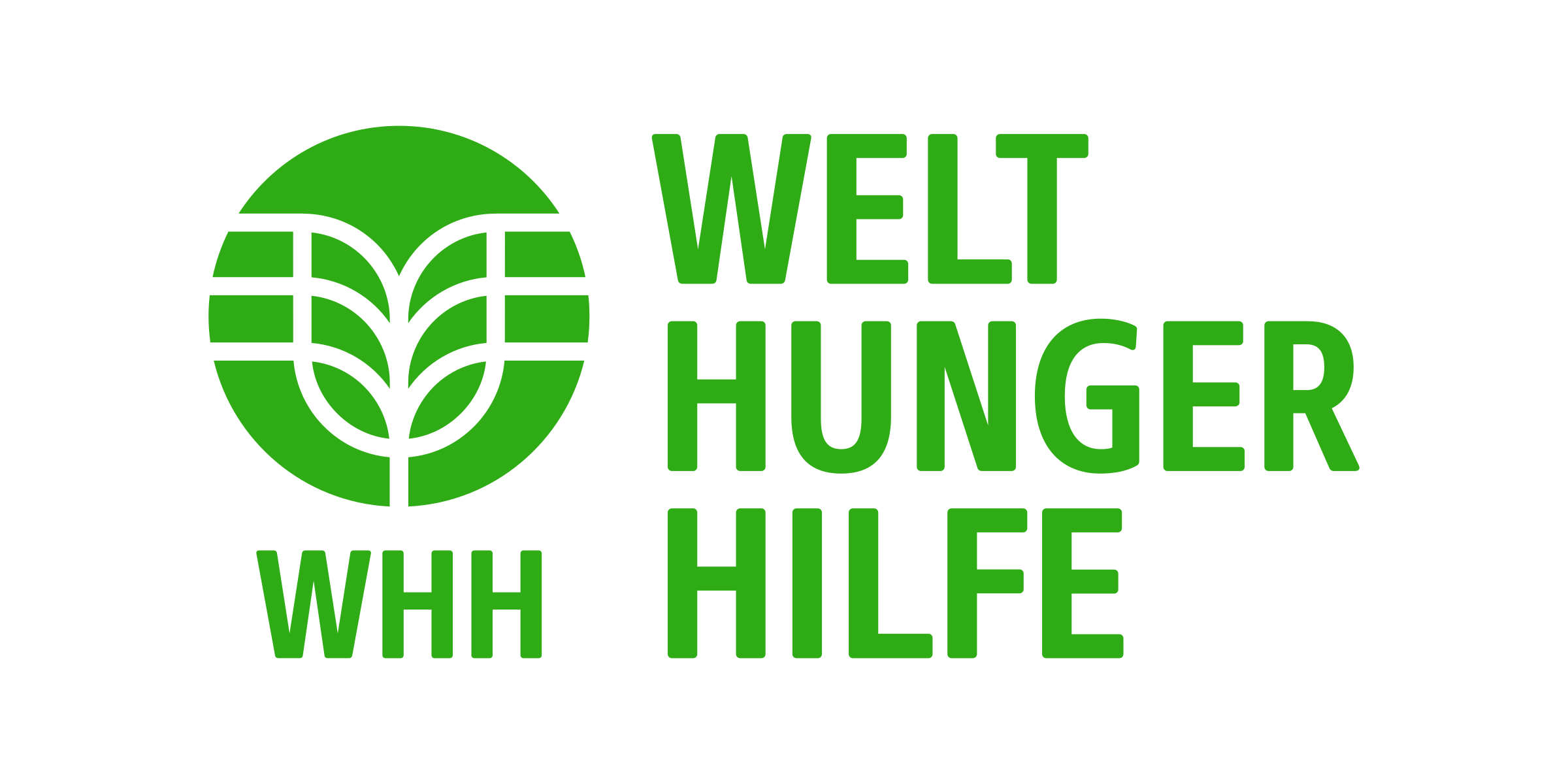
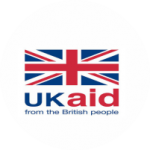
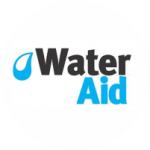
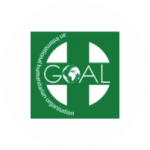
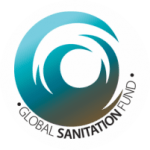

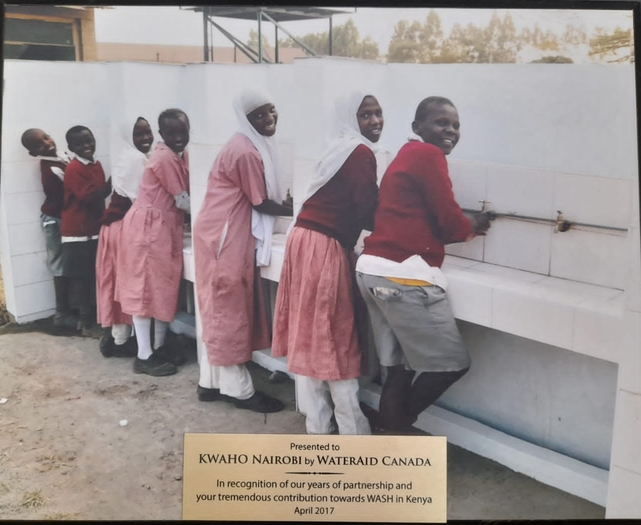
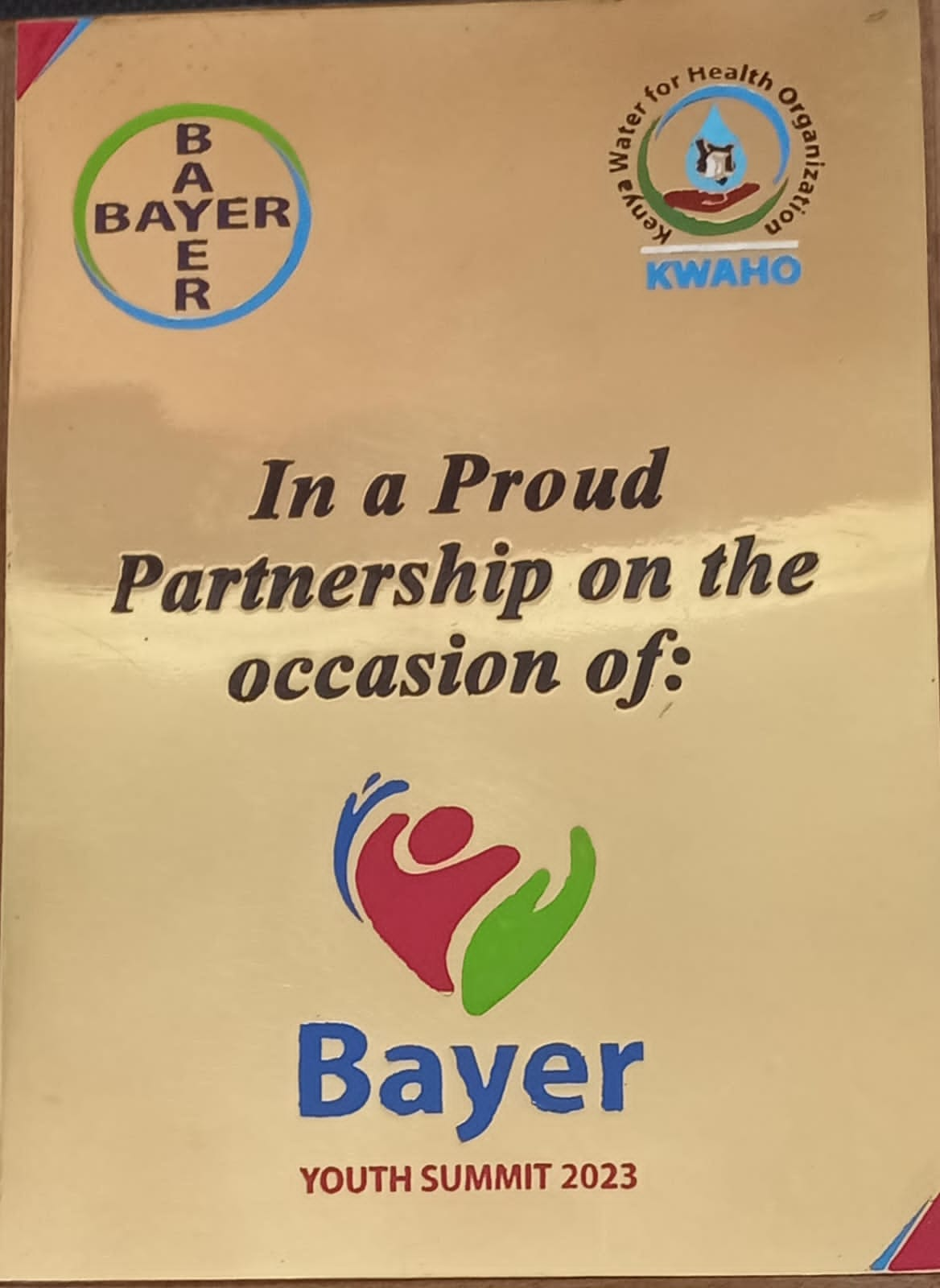
Comments